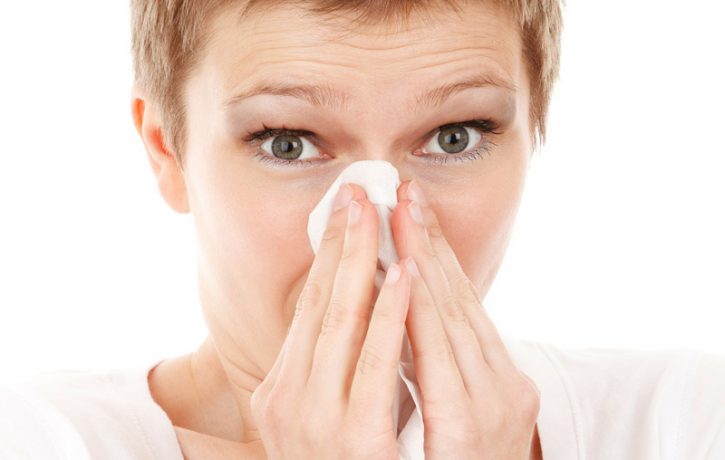in Acupuncture, Nutrition
How to Naturally Ease the Symptoms of Hay Fever and Asthma

Suffering with Hay fever?
The days are getting warmer at last, but if you suffer from hay fever, the approaching pollen season is likely to fill you with dread. While other people enjoy walks in the parks or hikes in the hills, flock to the lido or lakes or light up the BBQ, the joy of hay fever sufferers is limited as they are sniffling and sneezing, rubbing their eyes and trying to cope with the infuriatingly annoying itchy throat. At least there is now ‘non-drowsy’ anti-histamine medication, which makes things easier. However, many are looking for a more natural and drug-free approach.
Our nutritional therapist’s 5 top tips to alleviate hay fever
#1 Elminate Dairy
Eliminate dairy, especially from cow’s milk. If you are sensitive to dairy, you will know fairly soon: symptoms should subside within a week. There are other possible foods you might be sensitive to, the most common being wheat, eggs, and citrus fruit, especially oranges. Dairy foods are also mucus forming and best avoided during the season and can exacerbate the problem in any case.
#2 Avoid Sugar
Avoid sugar as much as possible as it has a pro-inflammatory effect and weakens the immune system.
#3 Eat Garlic
Garlic, onions and apples are rich in quercetin, a plant nutrient that has been found to reduce the severity of allergic reactions.
#4 Increase Bioflavinoids
Bioflavonoids – the blue-red pigment in certain fruits and vegetables – protects mucous membranes, so enjoy plenty of blackberries, blueberries, cherries, plum, red grapes and strawberries.
#5 Drink lots of Water
Drink plenty of water, as dehydration also dries out your mucous membranes, making them more sensitive to irritants such as pollen.
If you suspect a food intolerance, why not book in with our nutritional therapist, Melanie Ryan, for a food intolerance test?
She uses the CNS Food Detective test in clinic, where results are available within 45 minutes. The Food Detective tests for IgG antibodies to 46 common foods. The appointment takes an hour, during which Melanie will find out more about your health history and symptoms, offering some dietary and lifestyle advice, which clients find useful, especially if the result comes back negative.
Easing the Symptoms of Asthma with Acupuncture
According to the National Review of Asthma Deaths (NRAD), the number of people affected by asthma in UK is the highest in the world , with 5.4 million people currently receiving treatments for Asthma, including 1.1 million children. In 2014, the most recent data available indicated 1216 people died from asthma in 2014. The NHS spends around 1 billion a year treating and caring for people with asthma.
Western medicine has no cure for asthma. Symptoms are managed by the use of medication administered through inhalers. Chinese medicine takes a different approach to asthma. It sees the condition as the result of a collection of phlegm in the lungs, which in turn occurs when the three organs that control water passage – lungs, spleen and kidneys – are not working at full capacity.
Asthma and seasonal allergies are also signs of a weakened immune system. Extensive clinical trials have found that acupuncture can have a therapeutic effect on bronchial asthma.
To find out more read our blog post: How Acupuncture Can Help Ease the Symptoms of Asthma
- Finding Hope and Comfort Through Pain - 21st March 2025
- Non-Pharmacological Solutions for Managing Pain in Parkinson’s - 19th February 2025
- The Healing Touch: How Massage Benefits People with Spinal Injury Pain - 28th January 2025
